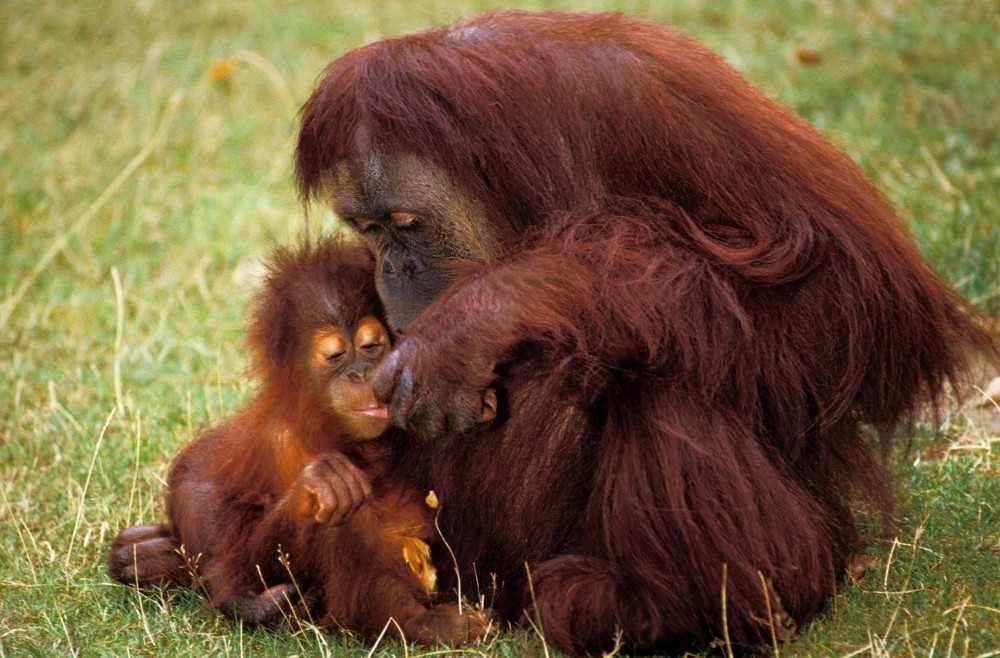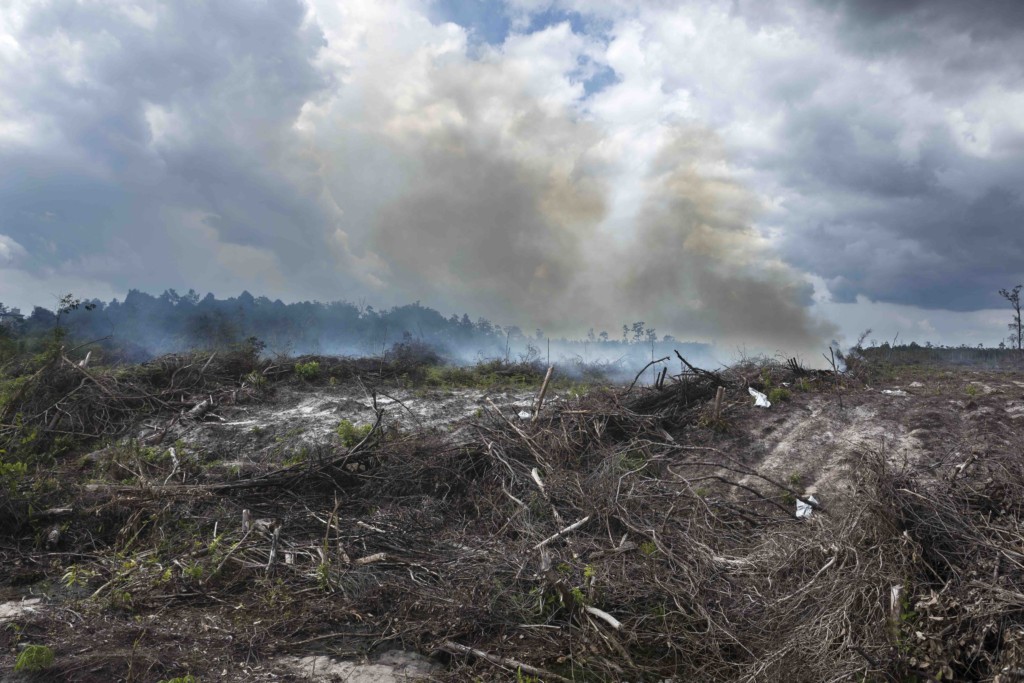
Milkadamia, the macadamia nut-based (and palm oil-free) line of products, urges consumers to vote with their wallets to stop the devastating effect that palm oil production has on the environment. It’s called Palm Spoiled and you can watch the 30 second video here.
300 FOOTBALL FIELDS DECIMATED EVERY 60 MINS
Every hour the equivalent of 300 football fields are destroyed to make room for palm oil plantations. And the demand for palm oil, due to the fact it’s cheap, is increasing four fold. It is in nearly everything—from grooming and beauty products to our food.
ONE COMPANY IS DOING SOMETHING BEYOND TALK
One company is on a mission to embolden consumers by providing education and useful tools to support palm oil-free products which do not contribute to the unfettered destruction of vital rainforests around the world.
THE TRUTH IS WORSE THAN FICTION
milkadamia has just launched its new Palm Spoiledcampaign, which will focus consumers’ attention on the catastrophic effects of palm oil production on the environment and show there is no such thing as “Sustainable Palm Oil”, a fictitious refrain being peddled by palm oil producers. They are also spotlighting the seriously sneaky alternative names that palm oil goes by (we see you, palmate).
The Palm Spoiled video showcases the company’s new campaign which encourages consumers to become educated about palm oil—and the cleverly named palm oil ingredients designed to confuse consumers—and to vote with their wallets for products that are palm oil free.
Palm oil is primarily grown in Indonesia and Malaysia and, in large part due to palm oil rainforest devastation, Indonesia has now become the world’s third largest emitter of greenhouse gases.

We Have The Power In Every Purchase
Take control of our purchasing power and support companies who aren’t harming our planet.
See below for a quick recap of palm oil facts and figures along with past article links to review:
- 86% of world’s palm oil comes from Indonesia or Malaysia https://www.conservation.org/blog/what-you-need-to-know-about-palm-oil-in-5-charts
- 60% of all palm oil farmed land was directly converted from primary forest land https://forestsnews.cifor.org/24820/oil-palm-infographic-deforestation? fnl=en
- Palm oil imports into the US have jumped 458% in the last decade https://www.ethicalscreening.co.uk/news/SDG15.aspx
- Transportation is the cause of 14% of all human-generated carbon. Palm oil production is the cause of the same amount https://news.trust.org/item/20180918083629-d2wf0 https://milkadamia.com/palming-off/
- Most of the land destruction has come in the tropical forests which are home to the last of theSumatran tigers, rhinos and orangutans https://www.nationalgeographic.com.au/animals/extremely-endangered-tiger-losing-habitatand-fast.aspxhttps://www.huffpost.com/entry/sumatran-rhino-palm-oil-production_b_3306542https://www.theguardian.com/commentisfree/2018/may/10/palm-oil-orangutans-multinationals-promises-deforestation
- Indonesian tropical forests are treasure troves of biodiversity, holding 10% of the world’s species of reptiles, birds, mammals, and fish. https://qz.com/1711172/the-global-demand-for-palm-oil-is-driving-the-fires-in-indonesia/
- Between 2001 and 2018, Indonesia lost 16% of its tree cover, or nearly 26 million hectares of forest, according to a database kept by Global Forest Watch. The loss of those forests released is the equivalent of about 10.5 gigatons of carbon dioxide emissions. https://qz.com/1711172/the-global-demand-for-palm-oil-is-driving-the-fires-in-indonesia/
- Most of the destruction is on peat lands which release carbon into the atmosphere. Destruction of Indonesia peatlands in Riau Province alone has released the same amount of carbon into the atmosphere as one year’s worth of total global emissions https://qz.com/1711172/the-global-demand-for-palm-oil-is-driving-the-fires-in-indonesia/https://www.greenpeace.org/usa/wp-content/uploads/legacy/Global/usa/report/2010/2/how-the-palm-oil-industry-is-c.pdf
- Destroying forest resources have left indigenous Indonesian communities facing poverty for the first time https://www.hrw.org/news/2019/09/22/indonesia-indigenous-peoples-losing-their-forests#

